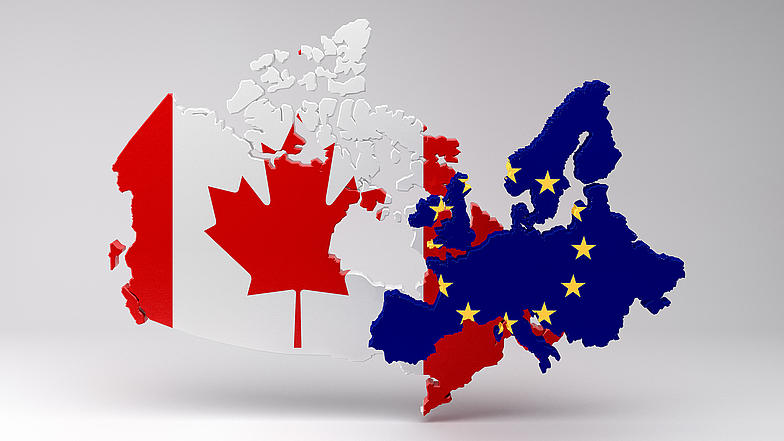foodwatch submitted a complaint to the European Ombudsman in November 2021. It is about the lack of transparency and democratic control of the CETA committees’ work. CETA is the trade agreement between Canada and the European Union. Its committees work behind closed doors and the European Parliament is side-lined on committee decisions that can have big impacts on the food quality for 447 million EU citizens. The complaint has now been rejected.
foodwatch has been working hard to find out what the European Commission and Canada are negotiating in the CETA committees. For more than two years, we assessed publicly available documents and requested access to further documents from the European Commission. We also had a long exchange with the Commission’s Directorate General of Trade on our concerns. However we still don’t know what exactly Canada and the European Commission are negotiating on, for example, the mutual recognition of pesticide standards in the relevant committee sessions.
We filed a complaint to the European Ombudsman in November 2021. The complaint has now been rejected on the grounds of “insufficient evidence". For the Ombudsman “it is not apparent that the Commission’s publication policy does not provide sufficient insight about issues discussed by the CETA committees.” Which means that, according to the Ombudsman, there is no structural failure. Nevertheless, she also says in her answer:
The Ombudsman recognises the importance of proactive transparency in relation to CETA committee decision-making. Public debate on the merits of international agreements is of vital importance, as it allows the public to scrutinise and have its say on the outcome of the decision-making processes at the EU level, which affect them directly.
The decision of the Ombudsman is both a surprise and a disappointment to us. For foodwatch, CETA still needs much more transparency. It remains a black box. We fear that it might undermine Europe’s food safety and health standards. We fear, for example, it could provide loopholes for pesticide residues in foods: pesticides that are forbidden in the EU but allowed in Canada come arrive on our plates anyway in toxic residues.
foodwatch still sees the lack of transparency and democratic accountability as severe democratic deficits of CETA. We think: CETA should be stopped and renegotiated!
